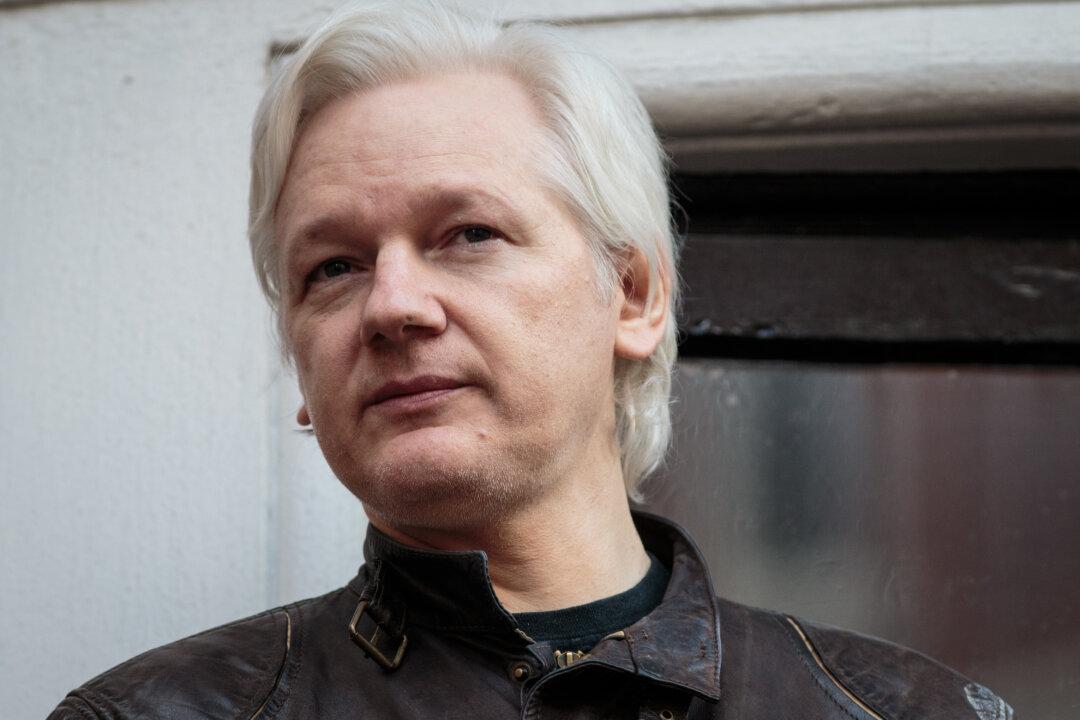Former President Donald Trump said on Saturday that he would give “very serious consideration” to pardoning WikiLeaks’ founder Julian Assange if he wins a second term in November.
During an interview with podcaster Tim Pool on Saturday, the former president was asked about whether he would pardon Mr. Assange if reelected. President Trump suggested that it is under consideration.





